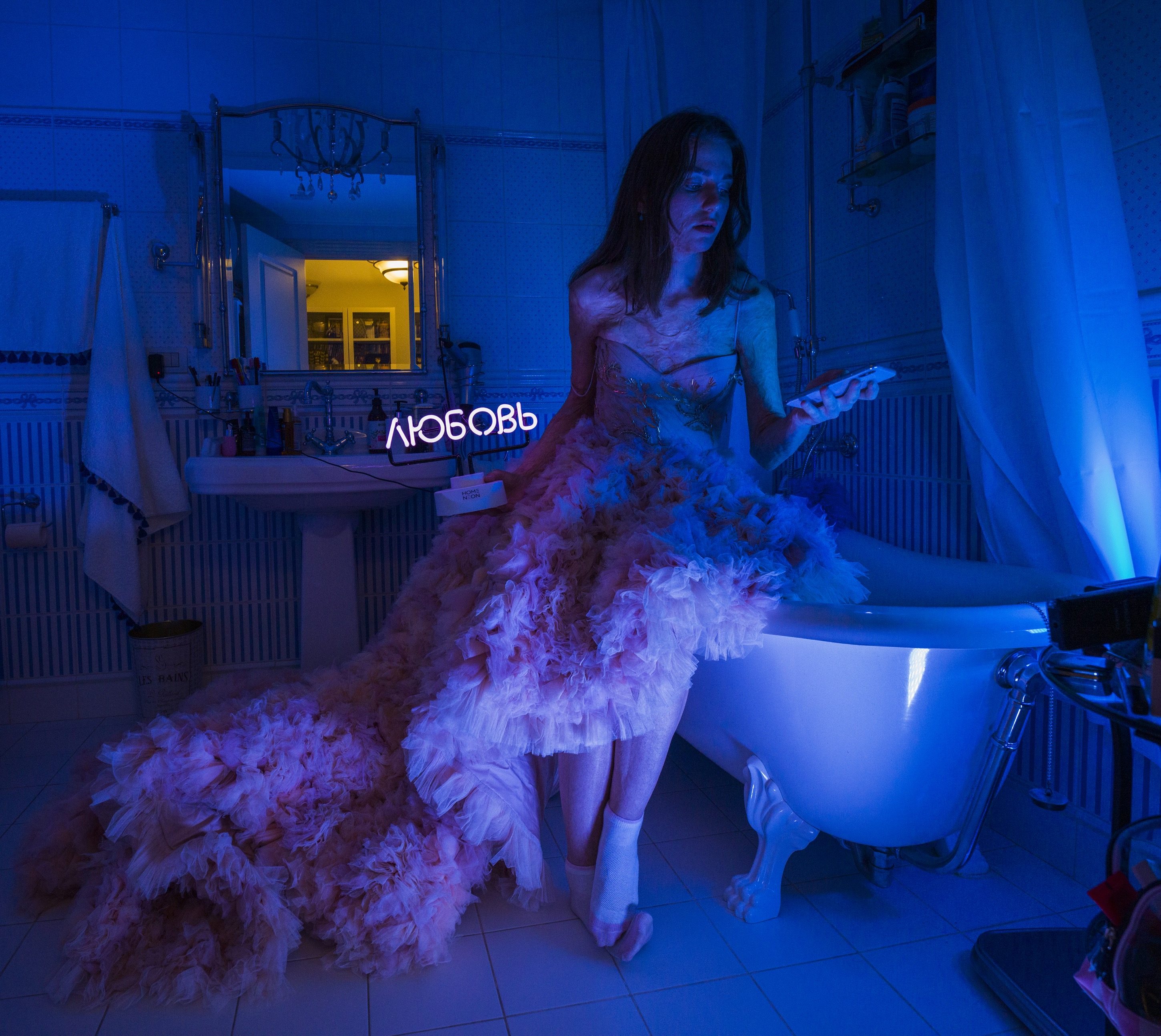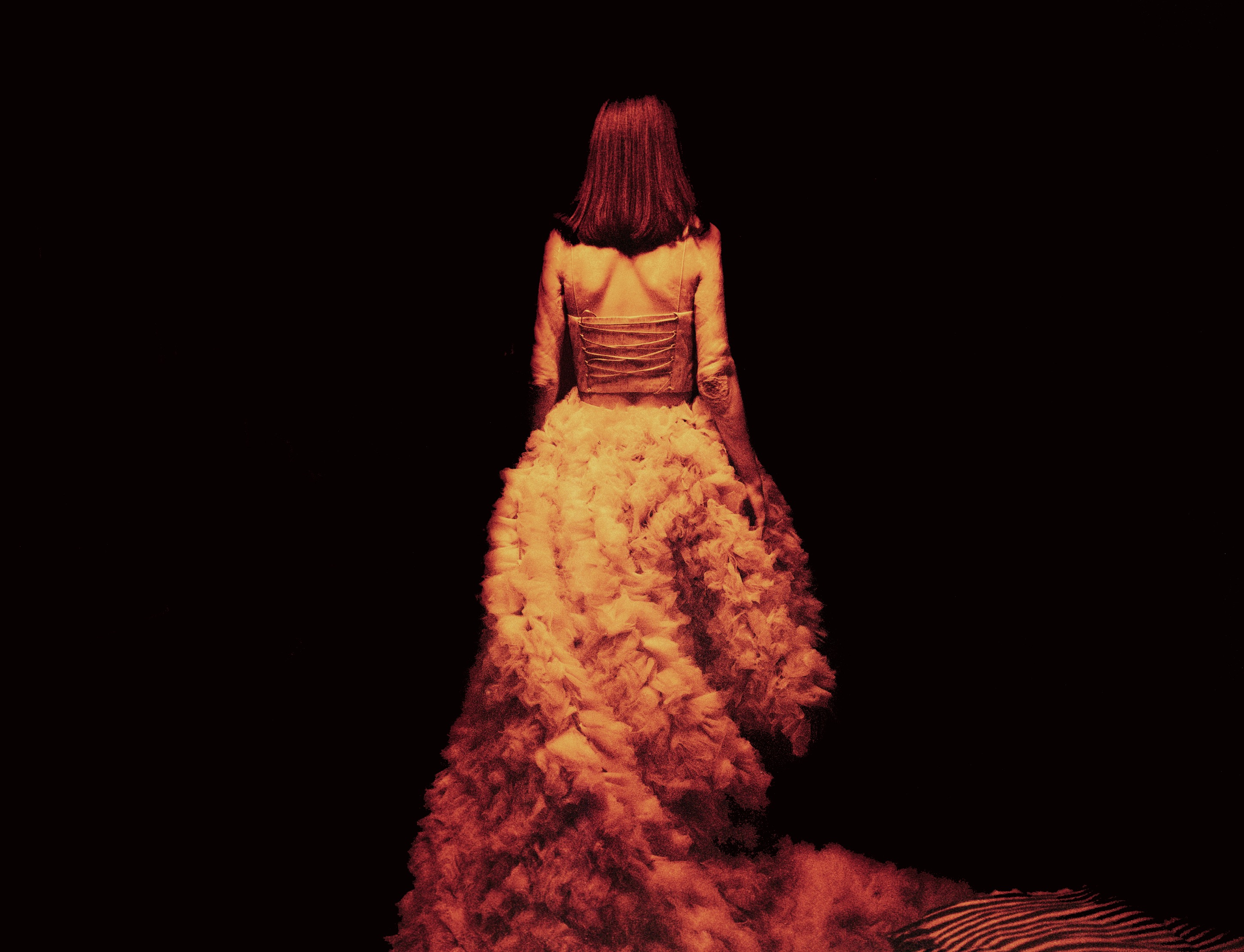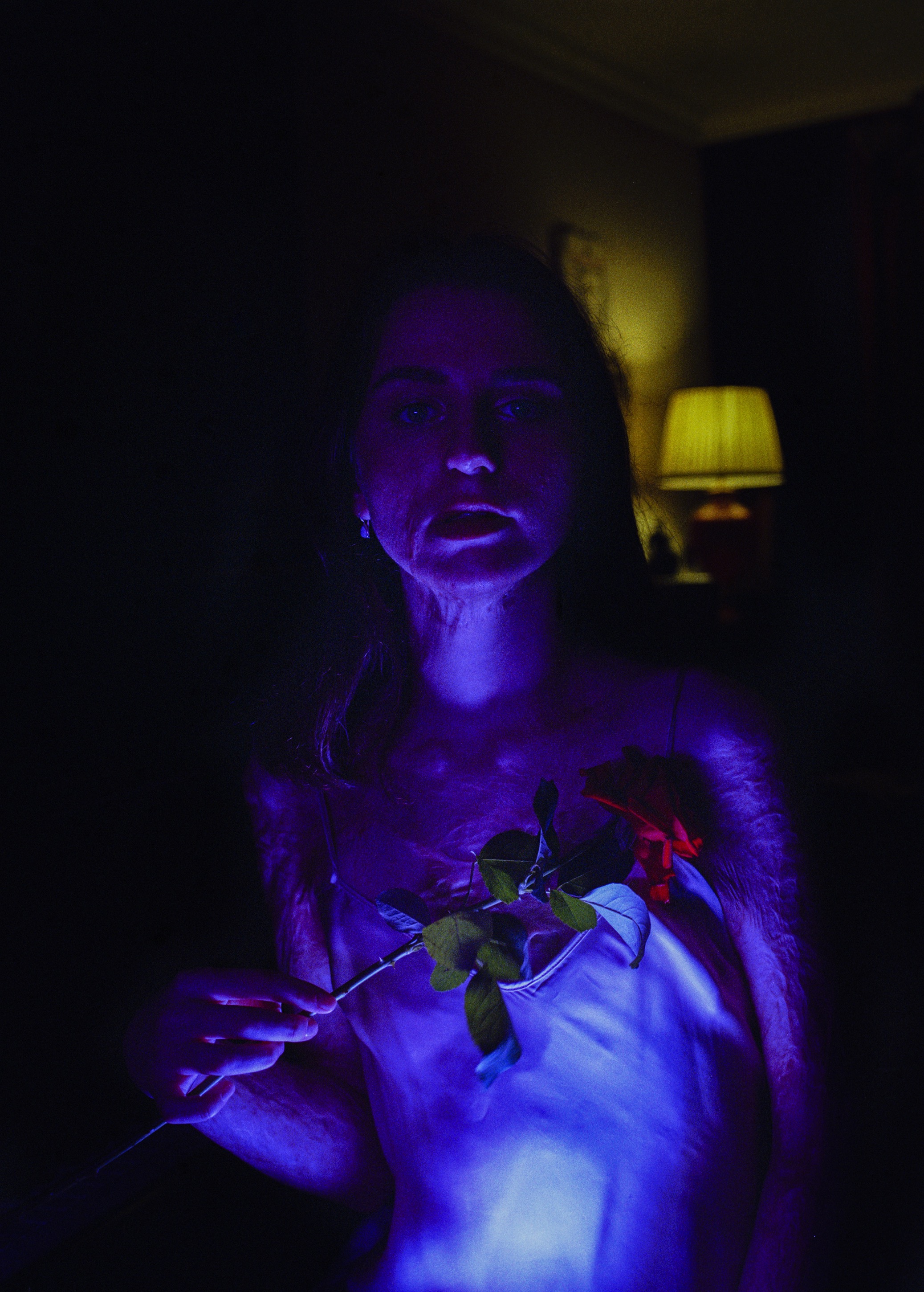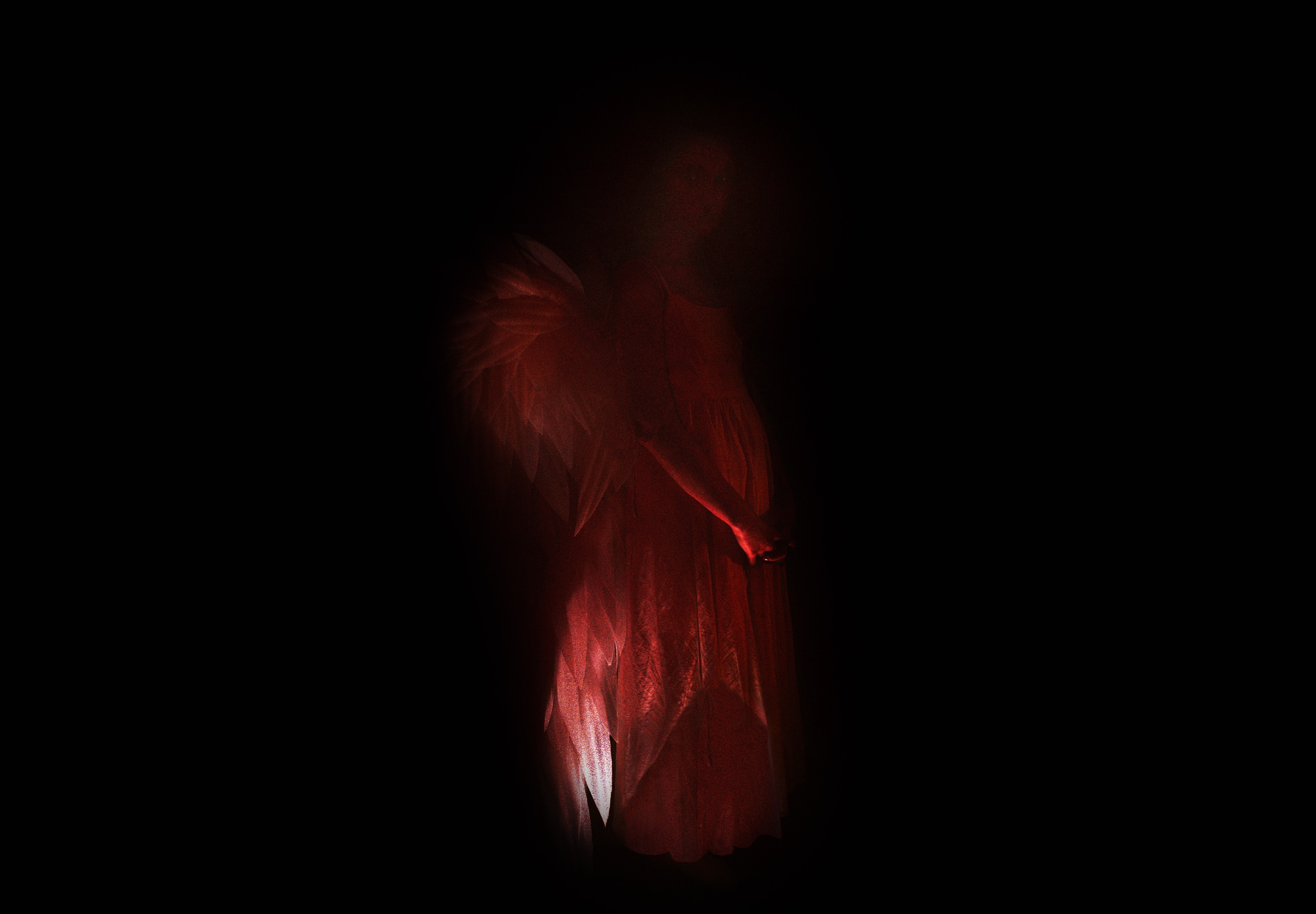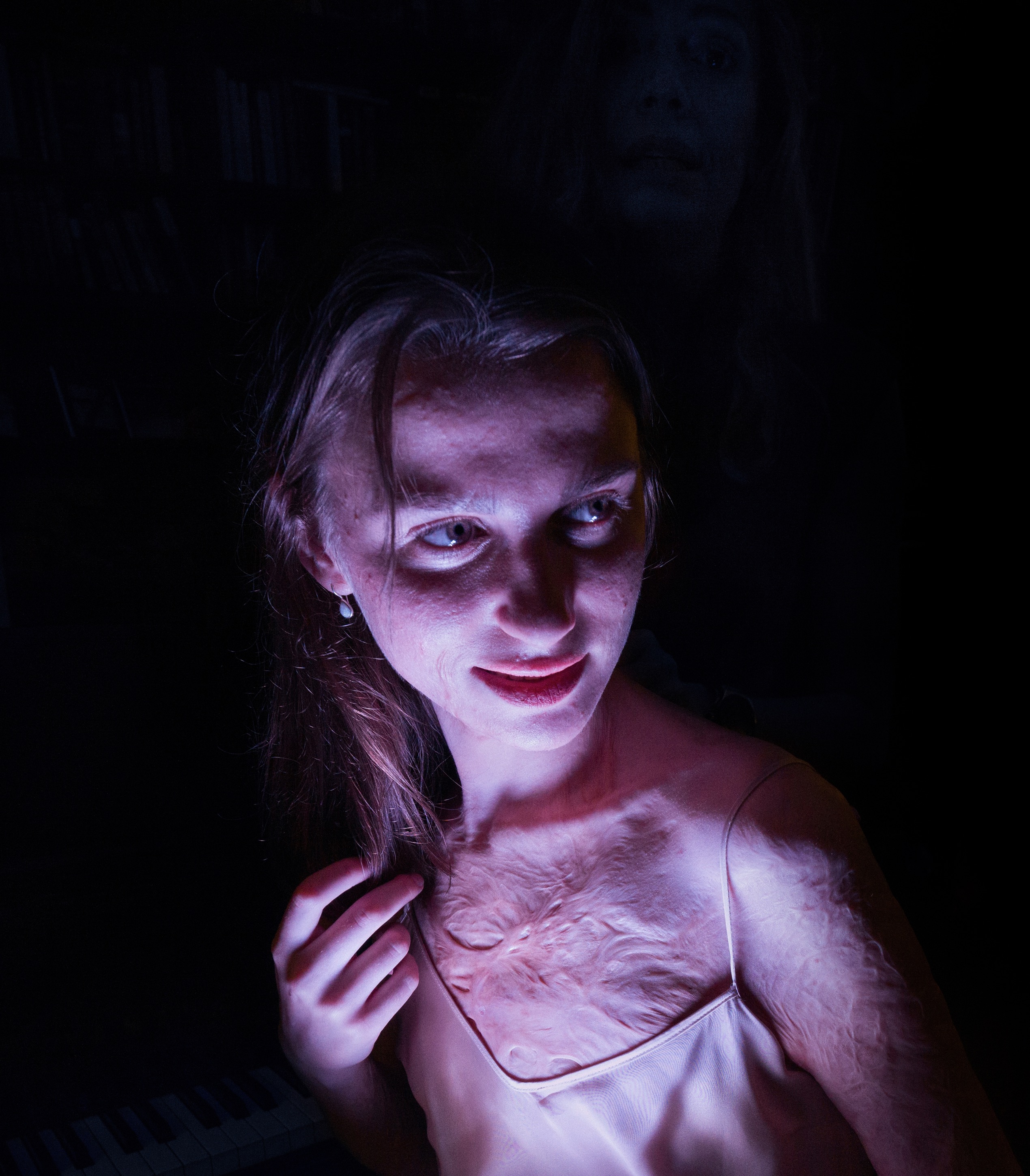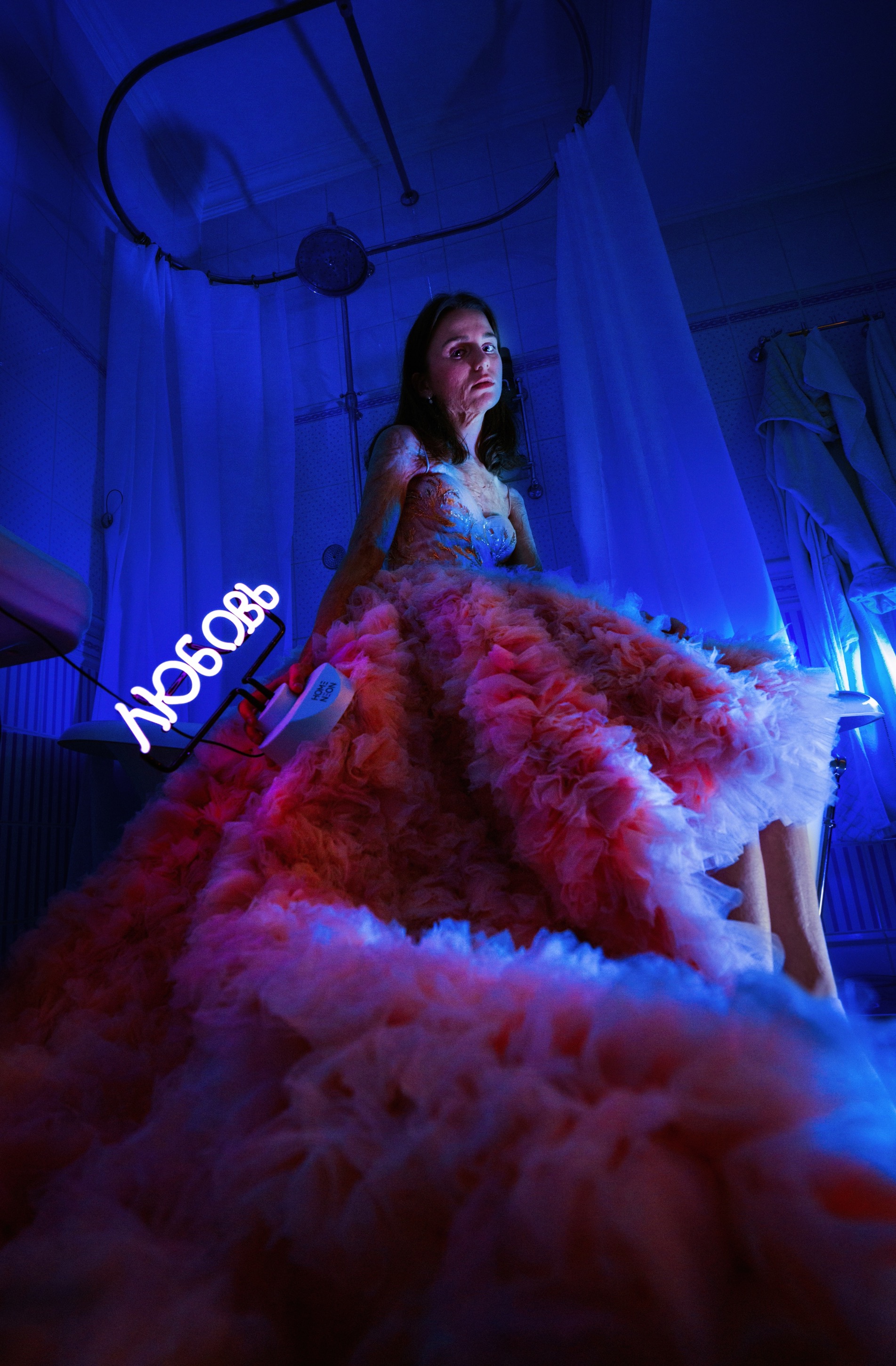My father died in 2001. He worked in construction.
Once there was a fire and he helped save two people. He went in for the third and never came back.
I was one year old when it happened, so I only know the story from my mother’s memories. She loved him very much and wasn’t able to recover after his death.
She stopped looking for work, lived off my pension, started drinking vodka, and then moved on to ethyl alcohol.
The attempts to kill me started suddenly, soon after my recovery.
Once, she washed my hair and held my head under the water, but then she slipped on the wet floor and I was able to escape.
Another time, she threw a fish knife at me – the blade shattered two teeth, scratched my cheek, and got stuck in my mouth. Blood splattered everywhere as I ran out into the street, but I don’t remember what happened next. I must have passed out.
After one too many such incidents, I went to the police. The Juvenile Commission started collecting evidence to deprive my mother of her parental rights. I was temporarily sent to an orphanage.
Sadly, it wasn’t as easy as I thought it would be to get away from her. I was repeatedly told that there was “insufficient evidence presented” to close my case.
I started thinking that maybe if I was killed then I would be taken seriously by the authorities.
This nightmare lasted for more than three years until December 2012 when the court finally decided that I could stay at the orphanage.
During my ordeal with my mother, I asked her once: “Why did you try to keep my head under the water?
“She simply said, “because you had lice.”; “Why did you cut me three times?” to which she answered, “because you steal.” I really did steal, but it was in order to survive.
I wanted to get rid of my scars, have plastic surgery, and live like everyone else. It’s hard to be under people’s scrutiny, looked at with fear and repulsion, hearing the whispers all time around you.
All the kids in the neighborhood hated me. Later, at the orphanage, I wasn’t accepted into the main circle.
They called me names “burner”, “burnt” and hit me.
When I was 16, the bullying ended. I made my first friends, and they came up with the nickname Ugolek “Coal”, which I ended up keeping.
It’s self-deprecating but at that time it seemed like a better choice than bearing my mother’s surname.
Komsomolsk-on-Amur is a small, harsh city, that I always wanted to leave behind.
There you cannot hide from your past…
After I left the orphanage, I had nowhere to go but return to the life from which I fled.
Washing in the same bathtub where I was almost drowned, drinking tea in the kitchen where my mom cut me, walking down the street where I dragged my drunk mother home,
crossing the road where I was raped…
I ran away from the orphanage several times, but every time they found me and brought me back.
I started uploading documentary videos on the Internet in which I talked about my life and about the difficult circumstances of other children at the orphanage.
At the age of 18, I was finally released and went to Moscow where I felt I could live differently, just the way I wanted.
Since I was a child, I wanted to be a model, but I was told that with my burns I would never be allowed on the runway.
I said, NO.
It is only in Komsomolsk that people are limited, but somewhere else my appearance could be in demand.
I created an account on Instagram and uploaded my unfiltered stories and photos. After I got my first 10,000 followers, other girls in similar situations from all over Russia started to contact me.
They admired me, asked how I could not be afraid to show myself; they were still at that stage when they hide their scars and cannot accept themselves.
I can’t answer every one, but I try to send at least a smile.
I started sending out many applications until I found one girl who not only agreed to take pictures of me for free but also paid for the studio for my first photoshoot.
We discussed so many ideas and made this first shooting come to life. The photoshoot spread instantly across the World Wide Web.
My dream came true, I became one of the most popular models in Russia and started getting job propositions from big magazines,
participating in creative projects with talented people from all over the world.
During this time, I met my true love. Initially, I was surprised by his ability to see me as perfect and beautiful in everything,
but later, working with psychotherapists and psychologists, who helped me overcome the consequences of childhood trauma I finally accepted myself fully, just the way I am.”
2018 turned out to be quite epic for Sveta as her name was included in the BBC 100 Women – the list which is comprised of the most inspiring and influential women in the world.
Her experience is definitely inspiring for so many people, especially for those who need to start life anew as she tried several times, and ultimately succeeded.
Eventually, Sveta moved her mother to Moscow. She decided that hate had no part in her life, and in order to heal she chose to forgive.
“For 18 years I seemed to have lived in a different world, now I’m starting over. I’m not quite used to it yet. What will happen next – we’ll see”.

